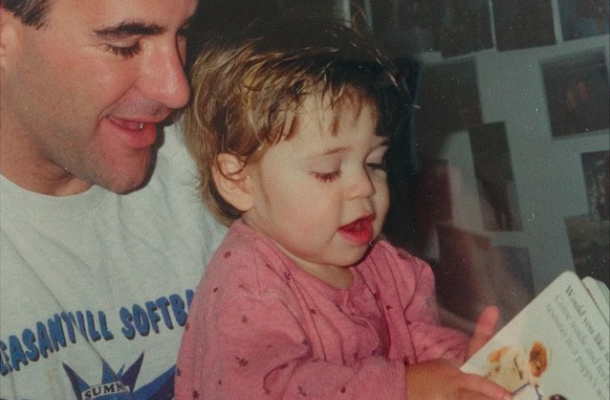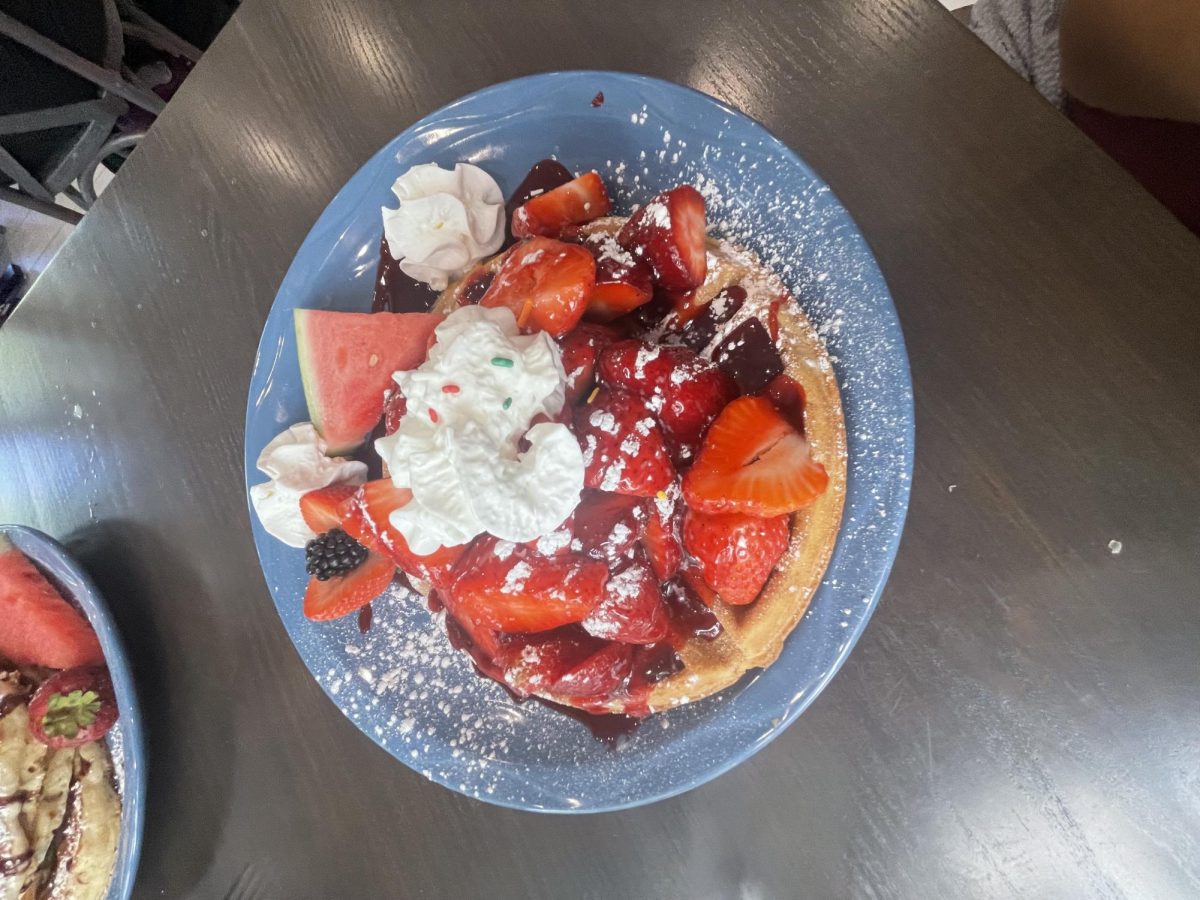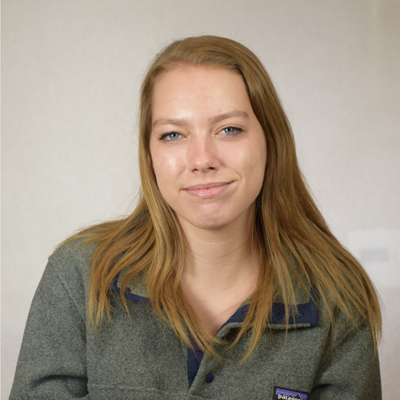Junior Julia Sabey, in pursuit of her Girl Scout Gold Award and in hopes of relaying the importance of reading to Oakland’s impoverished children, plans to install and stock bookshelves in the 24-Hour Oakland Parent Teacher Children’s Center [OPTCC] daycare and homeless shelter by summer.
According to Sabey, she was told by the Girl Scout Gold Award Committee that she had to “find somewhere where there’s a need” for her service project.
The idea of encouraging young children to read first came to Sabey when she considered “places where families are working to build a life and not really paying attention to their kids and putting them in daycares and not really developing a relationship with their kids.”
Sabey printed out the American Academy of Pediatrics’ policy statement, titled Literacy Promotion: An Essential Component of Primary Care Pediatric Practice, and included it in her proposal to the committee. According to the article, reading regularly with young children “builds language, literacy, and social-emotional skills that last a lifetime.”
The report reminded Sabey of how she bonded with her parents through reading as a child. “My parents read to me from like inside the womb; my parents always read to me and we were really close in that kind of thing,” she said.
“The whole research I did was that it’s really important for kids to get read to at a young age. It’s also really important for instilling a bond between the parents and the children,” she explained.
Sabey was initially uncertain about where or who needed her help with providing this service to parents and their children. “It seems like there’s a need but I don’t really know where, because here in Lamorinda everyone gets read to [sic], and everyone reads about it, and everyone knows,” she said.
A family friend connected her to Leah Goldsmith, a social worker at OPTCC. “She said ‘yeah, we definitely need books here. They don’t have that many of these kinds of books. Here’s a list,’ so she got me going and we just talked a lot,” explained Sabey.
“Since these parents work so much since they’re trying to provide for their families because it’s Oakland and a lot of them are really not very well-off, basically I’m trying to promote a tighter bond between parents and children,” she added.
Sabey also plans to offer incentives for reading. “I’m installing a lending library so they can check out the books and read them with their families or parents or guardians and bring them back and they get prizes for bringing the books back and talking about them,” she said.
Sabey has been working on her project since October. “You have to make this whole proposal and it takes forever, like you have to know every detail and every hour and dollar you’re going to spend throughout the entire project beforehand and give it to them,” Sabey said.
She met later with the committee and explained that she will build 2 bookshelves in the daycare and stock them with books. “It just took a while because of school and finals and then finally I met with them 2 weeks ago. I just went in there to Oakland, my mom drove me but that was ok. She didn’t want me to go to Oakland alone,” Sabey explained.
Sabey visited the daycare once to meet the director and organize the project. “It was super weird because I was expecting a big meeting, like a sit-down, but we were like walking around and she was doing all this stuff. She was like ‘okay. what do you do? Okay, that sounds fine.’ It was really weirdly run; it wasn’t what I expected,” she said.
Sabey added, “It’s so cute and then all of the kids just come up and they see you. There’s no hostility. They come up and hug you.”
Much to Sabey’s dismay, OPTCC requested that she build plain bookshelves. “They don’t want them to be painted. I was picturing really cute clouds and bunnies but they said they just want them to be normal,” she said. “Even when you go in there there’s like the colorful rug and then the rest is pretty bare so it’s kind of upsetting.”
The daycare also gave Sabey a list of books they want, specifically those that “promote life lessons and especially are illustrated with pictures of darker skinned people.”
Sabey explained, “The people at the daycare I’m working at in Oakland are all dark skinned. They really need books that promote what the kids are,” so they are not “looking at a bunch of pictures of white people.”
Sabey created an Amazon wish list of the daycare’s preferred books. “Just type in Julia Sabey’s wish list [in Amazon.com] and you can find all the books on Amazon. Every day I get books from random people, like old teachers from Stanley [middle school] have sent me books. It’s really cool,” she said.
Sabey also promoted her project by giving a speech at her church. “Some days a car will just drive by and there’s a huge bag of books on my porch; it’s like old baby books you don’t want or new ones,” she said. “I’ve also gotten donations of money from friends and family so I’m going to used book stores and buying used books.”
Though Sabey has received help from others, the independence of the Gold Award project has been a “big jump” from past projects for her. “It’s super strict. It’s like your mom can’t help you at all. You have to pick a mentor, so me and my best friend just picked each other’s moms (sic) so we all get to hang out together still,” Sabey said.
“The Gold Award is a complete jump from Bronze, which I don’t even remember getting because it was so [much] like the parents were, like, giving us stuff and they were, like, ‘okay, you got your Bronze.’ Then for Silver we were kind of, like, ‘okay, whatever, Silver Award, no big deal’ and then for Gold Award you’re completely thrust out,” Sabey said, “which is cool.”
A Gold Award gives its recipient a chance to be eligible for a college scholarship. “That’s most of the reason why my friends are doing it. One of my friends hasn’t started yet and she’s, like, ‘I need to do this, I’m not going to get into college,’ and one of my friends who I work at Girl Scout day camp with did hers too and her mom was, like, ‘Yeah, it totally is what got her into college,’” she said.
Sabey hopes to gather “as many [books] as possible by summer,” when she will visit the daycare frequently to read to the kids. “Walking through there they had little shelves, they probably had like 30 books altogether, and there’s so many kids that come through there every single day,” she said. “Last time I checked I had about 220.”



